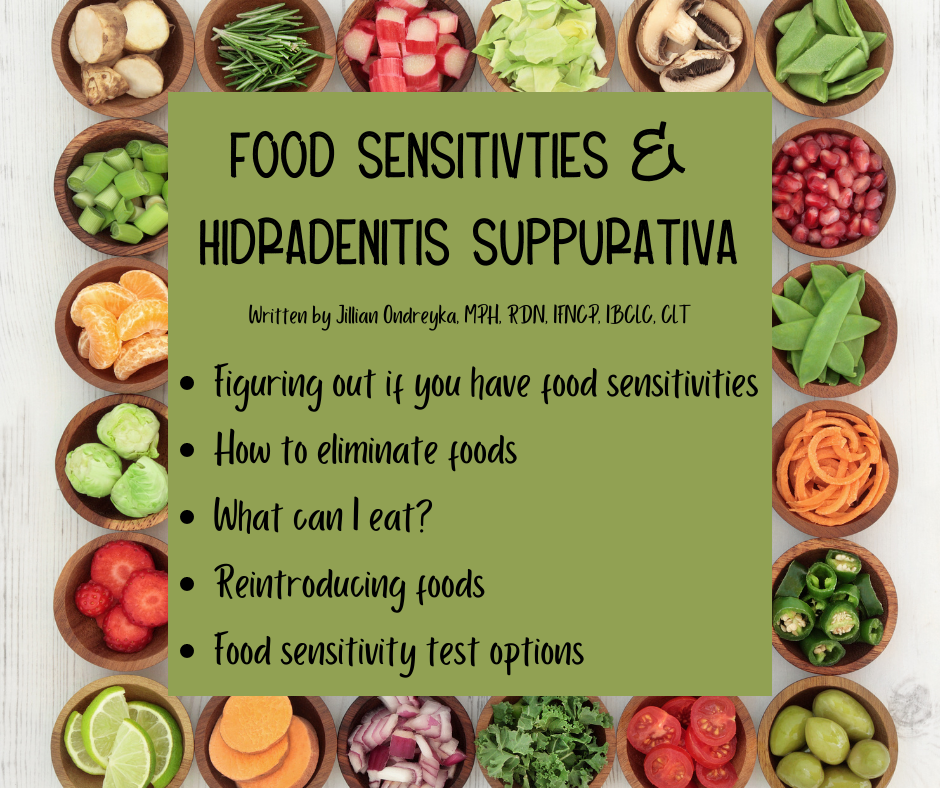Effective Ways to Optimize Your Body Recomposition Diet in 2025: Discover Proven Strategies!
In recent years, the concept of body recomposition has gained significant traction among fitness enthusiasts and health-conscious individuals. A body recomposition diet emphasizes the simultaneous loss of fat and gain of muscle, resulting in a leaner and more toned physique. This approach is not only about achieving aesthetic goals but also about improving overall health and fitness. In this comprehensive guide, we will explore the essential strategies to effectively optimize your body recomposition diet in 2025, ensuring that your efforts lead to sustainable results.
Understanding the importance of a balanced diet is crucial for anyone looking to achieve their fitness goals. By focusing on a high protein diet and proper meal planning, you can enhance muscle gain while facilitating fat loss. This article will provide insights into calorie deficit, macro ratios, hydration, and meal timing strategies that can make a noticeable difference in your body composition journey.
Throughout this guide, we will also cover the significance of strength training, exercise routines, and nutrition strategies that support your fitness program. Whether you are new to body recomposition or looking to refine your current diet, this article will equip you with the knowledge to make informed dietary choices. Let's dive in!
Essential Components of a Body Recomposition Diet
Building on the fundamentals of nutrition and fitness, understanding the essential components of a body recomposition diet is critical for success. A balanced approach that incorporates adequate macronutrient balance and meal frequency plays a vital role in achieving your fitness goals.
Macronutrient Balance: Finding the Right Ratios
To optimize your body recomposition diet, it's important to maintain a proper macronutrient balance. The three primary macronutrients—proteins, carbohydrates, and fats—should be consumed in ratios that align with your fitness goals.
A high protein diet is particularly essential for muscle growth and repair. Aim for protein to constitute around 25-30% of your total caloric intake, focusing on high-quality sources such as lean meats, legumes, and dairy products. Meanwhile, carbohydrates are vital for fueling workouts and should ideally make up about 45-50% of your daily intake, particularly from whole food sources like whole grains, fruits, and vegetables.
Dietary fats are also crucial; they support hormone production and overall health. Including healthy fats from avocados, nuts, and olive oil in your diet can help you maintain optimal health while promoting fat loss. Remember, it's not just about cutting calories but ensuring that your macronutrient balance supports your body's needs.
Calorie Deficit vs. Caloric Surplus: Understanding Energy Balance
The difference between achieving muscle gain and fat loss is closely tied to your approach to energy balance. A calorie deficit is necessary for fat loss, while a caloric surplus must be maintained to facilitate muscle gain. For body recomposition, aiming for a slight calorie deficit while prioritizing protein intake is essential.
If your goal is to shed fat while building muscle, you can achieve this by carefully tracking your total daily energy expenditure (TDEE) and adjusting your caloric intake accordingly. Use tools like calorie tracking apps to monitor your food intake and ensure you are meeting your nutritional needs without drastically cutting back on calories.
Nutritional Timing: The Importance of Meal Frequency and Timing
Nutritional timing can significantly impact your body recomposition progress. Eating more frequent, smaller meals can help maintain steady energy levels and support muscle recovery. Incorporating nutrient-dense snacks, particularly post-workout, can aid in muscle repair and growth.
In addition, prioritize meal timing around your workout window. Consuming a blend of carbohydrates and protein before and after workouts can enhance performance and recovery. This emphasizes the significance of post-workout nutrition in maximizing your training results.
Meal Planning and Preparation for Success
With the basics of nutrition laid out, the next step is to focus on meal planning and preparation. Developing a strategic approach to meal prep can save time and help you stay on track with your body recomposition goals.
Creating a Sustainable Meal Plan
When designing a meal plan, consider your calorie and macronutrient requirements based on your fitness assessments. A good meal plan should encompass a variety of foods that offer nutrient density while fitting into your daily caloric needs.
Incorporate diverse sources of proteins, healthy fats, and complex carbohydrates to avoid monotony in your diet. For example, an effective bodybuilder diet includes grilled chicken with quinoa and mixed vegetables, along with healthy snacks like Greek yogurt and nuts. Aim for balance and flexibility to make your diet sustainable.
Effective Meal Prep Techniques
Meal prep is an essential strategy for maintaining your body recomposition diet. When prepped correctly, meals can remain fresh and ready to eat, which helps to prevent impulsive food choices.
Begin by selecting a day of the week to prepare your meals in bulk. Cook large portions of proteins, grains, and vegetables, then portion them into containers. This makes it easy to grab a healthy meal on the go. Don't forget to include healthy recipes into your meal prep routine for variety and enjoyment.
Portion Control: Managing Your Food Choices
Understanding portion sizes is critical for implementing effective meal planning. By controlling portion sizes, you can prevent overeating while still enjoying a variety of foods. A good practice is to use measuring cups and a food scale initially until you can gauge proper portion sizes intuitively.
Utilize tools such as MyFitnessPal or other calorie tracking apps to track your intake and ensure that you are adhering to your macronutrient balance. This awareness can also help you identify any dietary preferences or mistakes that might be hindering your progress.
Incorporating Strength Training and Exercise Routines
Having covered nutritional strategies, the significance of exercise cannot be overstated when it comes to optimizing your body recomposition diet. Resistance training and strength training are critical elements that complement your dietary efforts.
The Role of Resistance Training in Body Recomposition
Resistance training is essential for muscle gain and fat loss through its impact on metabolic rate. Engaging in regular strength training sessions helps stimulate muscle growth and increases overall calorie expenditure, making it easier to achieve weight loss.
A well-rounded strength training routine should consist of compound movements that engage multiple muscle groups, such as squats, deadlifts, and bench presses. Aim for at least three sessions per week, adjusting the training frequency based on your current fitness level and overall recovery.
Exercise Progression: Ensuring Continuous Improvement
As you become stronger, it's important to incorporate progressive overload principles into your training regimen. This might involve gradually increasing the weight lifted, the number of repetitions performed, or altering your workout frequency.
Tracking your workouts is highly beneficial; it not only helps you visualize your progress but also allows you to make informed adjustments to your fitness program as necessary. By continuously challenging your body, you'll promote muscle growth and adapt your body composition for better results.
Workout Nutrition: Fuelling Your Fitness Efforts
Workout nutrition is critical for both performance and recovery. Consuming the right nutrients before, during, and after training can greatly enhance your results. Focus on including proteins and carbohydrates to fuel your workouts and speed up recovery.
For example, a balanced pre-workout meal could consist of a banana with peanut butter, while a post-workout meal might include a protein shake accompanied by a source of complex carbohydrates. Tailoring your workout nutrition to your specific training routine can help you optimize your body recomposition diet effectively.
Supplementation for Enhanced Results
While a well-planned diet offers the main source of nutrients needed for a body recomposition diet, the right supplementation can also support your fitness goals. Understanding when and what to take is crucial.
Essential Supplements for Body Recomposition
Consider incorporating essential supplements like protein powders to help meet your daily protein requirements. Branched-chain amino acids (BCAAs) may also aid in muscle recovery, while omega-3 fatty acids can promote joint health.
Thoroughly researching health supplements and consulting with a nutritionist can help you identify which options align with your dietary needs and fitness goals. Keep in mind that supplementation should complement a healthy diet, not replace it.
Nutritional Strategies: Customizing Your Approach
Every individual’s body is unique, thus personalizing your nutritional strategies ensures that you cater to your preferences, lifestyle, and fitness goals. Engaging in online coaching or consulting a dietitian can provide valuable insights on adapting your diet for optimal performance and results.
Mindful Eating Practices: Building a Healthy Relationship with Food
Finally, it’s important to approach your body recomposition diet with a mindset that encourages flexibility and promotes a healthy relationship with food. Practicing mindful eating can improve your emotional connection with food and prevent emotional eating.
Exercises such as food swaps or portion sizes adjustments can be a fun way to explore different food options while keeping your diet aligned with your goals. Be open to experimenting and refining your dietary approach—sustainable changes will lead to lasting results.
Q&A: Common Questions About Body Recomposition Diets
What are some common mistakes to avoid on a body recomposition diet?
One of the most common mistakes is not prioritizing protein intake, which is essential for muscle recovery. Additionally, many individuals underestimate the importance of meal prepping and tracking their food intake, leading to poor food choices and a lack of adherence.
How important is hydration in a body recomposition diet?
Staying hydrated is critical not only for optimal metabolic function but also for performance during workouts. Aim to drink water consistently throughout the day and consider adjusting your intake based on training intensity and climate conditions.
Can a body recomposition diet work for everyone?
While body recomposition principles can be applied broadly, each individual's response will vary based on several factors, including metabolism, activity levels, and personal goals. Customizing your approach can help ensure better results.
How can I track my progress in a body recomposition diet?
Employing methods such as weighing yourself regularly, measuring body fat percentage, and taking progress pictures can effectively help you assess changes over time. Keep in mind that progress may not always be reflected on the scale alone.
What exercise routine complements a body recomposition diet?
A combination of resistance training and cardiovascular workouts works best to support muscle gain and fat loss. Consider engaging in strength training at least three times per week, along with incorporating high-intensity interval training (HIIT) or steady-state cardio sessions.

Utilizing effective strategies and understanding the principles of a body recomposition diet is crucial for maximizing your fitness results. With a balanced focus on nutrition, exercise, and supplementation, you can embark on a successful wellness journey.

For additional insights and tips on body recomposition strategies, feel free to explore related topics at this link and here. By making informed choices and remaining dedicated to your journey, you will find success in achieving your fitness goals.
